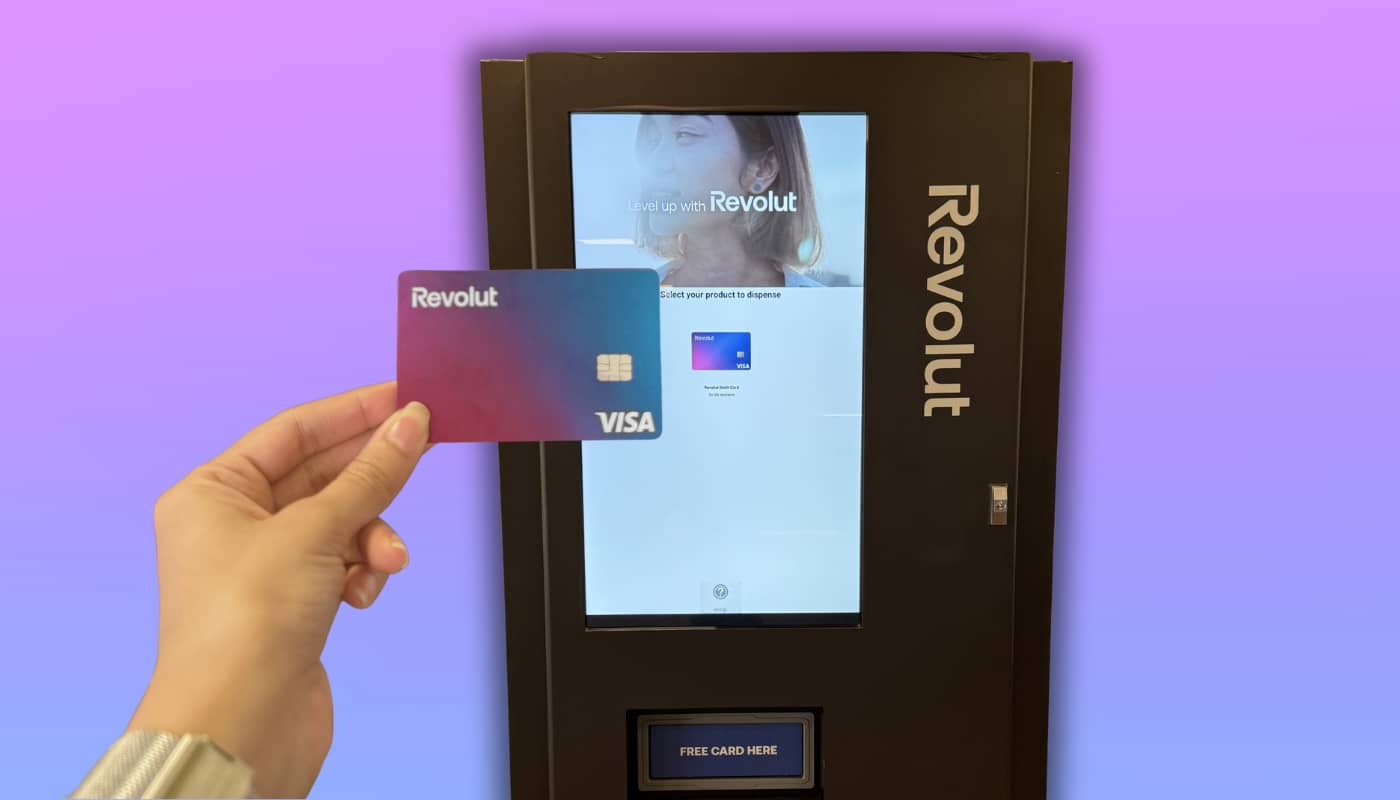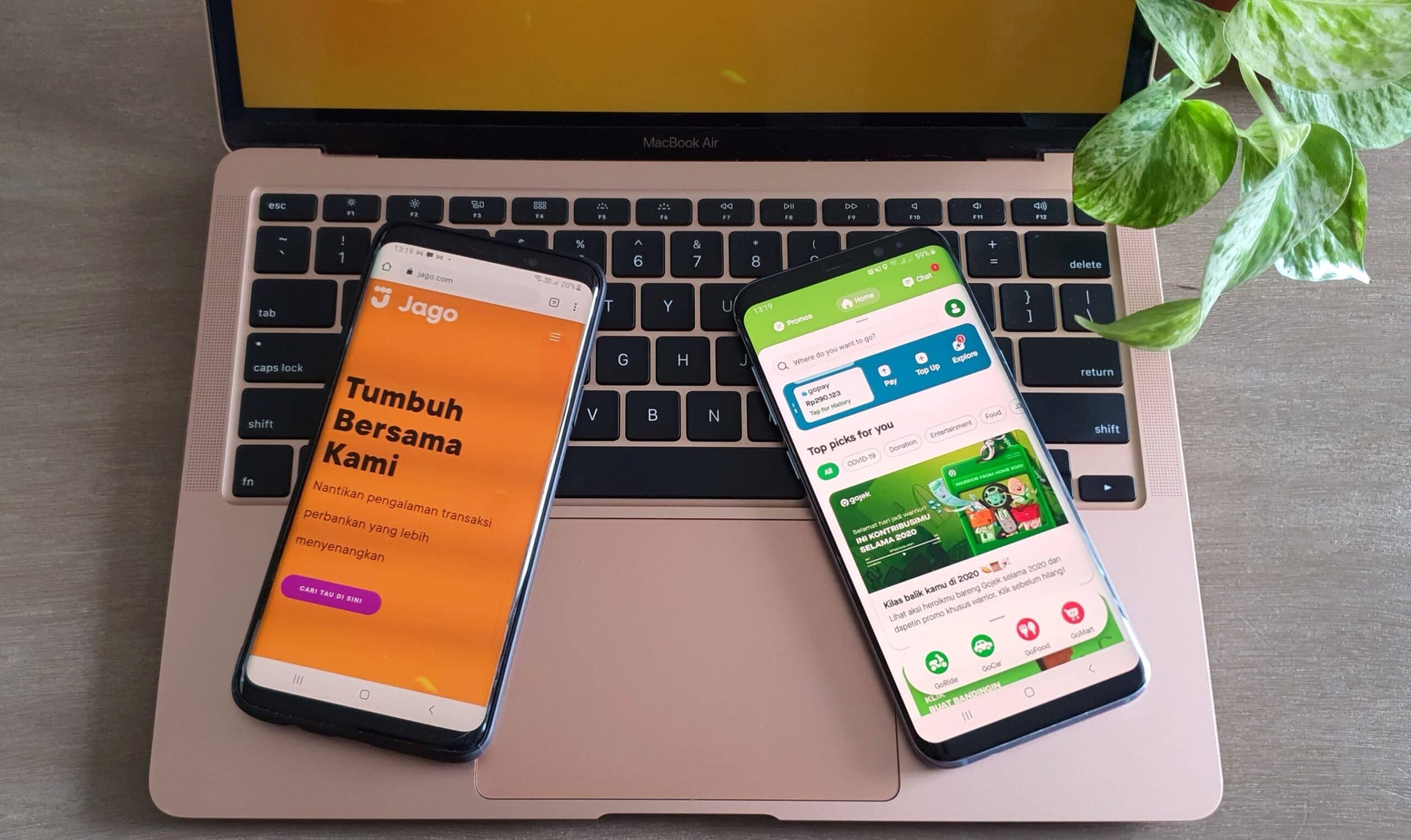Singapore – In a bold step toward redefining financial access for Gen Z, Revolut Singapore has unveiled its first-of-its-kind vending machine at the National University of Singapore (NUS). In partnership with Visa, this innovative machine dispenses free debit cards, catering to the unique financial needs of students.
MARKETECH APAC spoke with Raymond Ng, CEO of Revolut Singapore, to delve into the vision and impact of this initiative. In this conversation, Ng explored the inspiration behind the concept and how it aims to empower students by transforming the way they approach and manage their finances.
A global vision rooted in local needs
Revolut’s debit card vending machine aims to serve students below the age of 21. The company aims to make money management more accessible to students and educate them on healthy and smart financial habits, boosting financial literacy.
“Students under 21 are often underserved by traditional financial institutions, missing out on tailored solutions that meet their unique needs. Banks frequently impose higher entry barriers, such as requiring a minimum deposit, leaving many students without effective tools to manage their finances,” Ng explained.
Ng also highlighted that for many Singaporean students, studying abroad, interning overseas, or frequent travel has become the norm. However, he noted that the high foreign transaction fees—reaching up to 3.25% per transaction—on standard debit cards can place a significant financial burden on them.
Revolut’s vending machine addresses these gaps by offering students instant access to debit cards, eliminating the need to visit a bank. It also provides comprehensive financial tools, including budgeting, spend tracking, and fee-free currency exchange, promoting healthier money habits. Additionally, the Revolut app offers educational modules, like ‘Stock Learn,’ that help students start investing with as little as $1, fostering financial literacy.

In partnership with Visa, Ng further emphasised that the collaboration gives Revolut customers access to Visa’s global network, accepted in 200 countries and by over 100 million merchants worldwide.
“While many students already have debit cards, Revolut offers more than just a payment tool. We provide an integrated financial ecosystem designed to help them spend, save, invest, and manage their finances wherever they are—on campus, at home, or abroad,” Ng added.
A model for future expansion
Revolut’s vending machine not only simplifies access to essential financial tools but also reflects the company’s commitment to promoting financial literacy and independence.
According to research by Visa, nearly 40% of Gen Z consumers say that convenience plays a crucial role in their choice of payment methods. The same percentage also highlighted that better rewards and offers would motivate them to switch to alternative payment options, as Ng pointed out.
With features such as group expense splitting, spend analytics, and smart budgeting, Revolut positions itself as a trusted partner in students’ financial journeys.

When asked why NUS was chosen as the launch site, Ng explained that the decision was strategic. As Singapore’s largest and most established university, NUS serves as a hub for the country’s diverse, tech-savvy Gen Z population, making it the perfect fit for Revolut’s digital-first approach.
Ng also shared plans to expand the initiative, ensuring that more students can benefit from Revolut’s offerings.
“The vending machine at NUS is our first in Singapore, and we’re definitely looking to extend this value proposition to other locations across the country so that even more people can take advantage of the convenience and accessibility it provides. Stay tuned,” Ng said.
Leading innovation in fintech
In a region where digital adoption is high, Revolut’s vending machine exemplifies how fintech can cater to the needs of a digitally native generation.
“By offering instant access to debit cards and integrating features like smart budgeting, multi-currency spending, and investment education, Revolut empowers young users to take control of their finances while showcasing its commitment to creating innovative, localised solutions in a competitive fintech landscape,” Ng stated.
As Gen Z increasingly seeks convenience, affordability, and education in their financial products, Revolut’s vending machine stands out as a timely solution, paving the way for a financially savvy generation.









